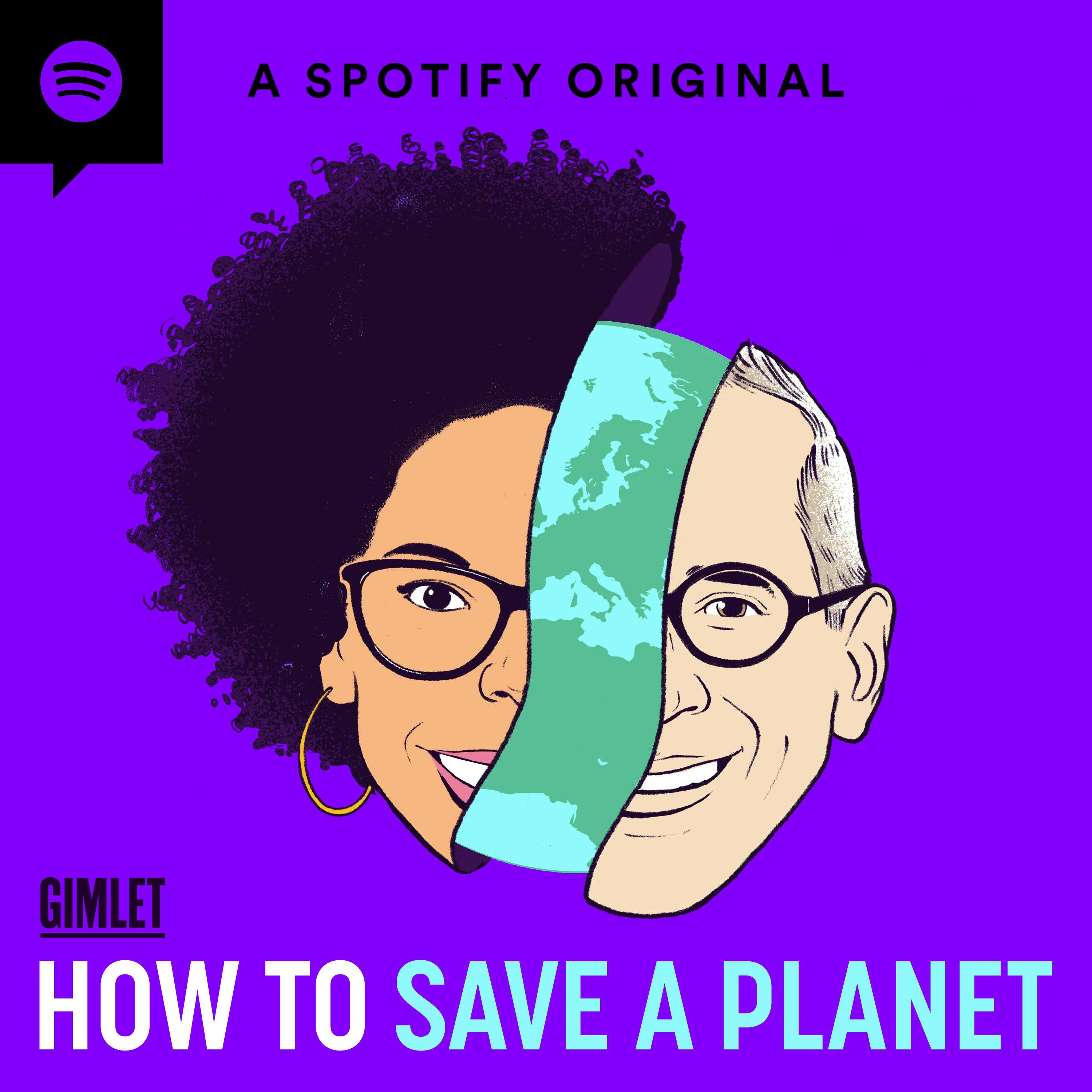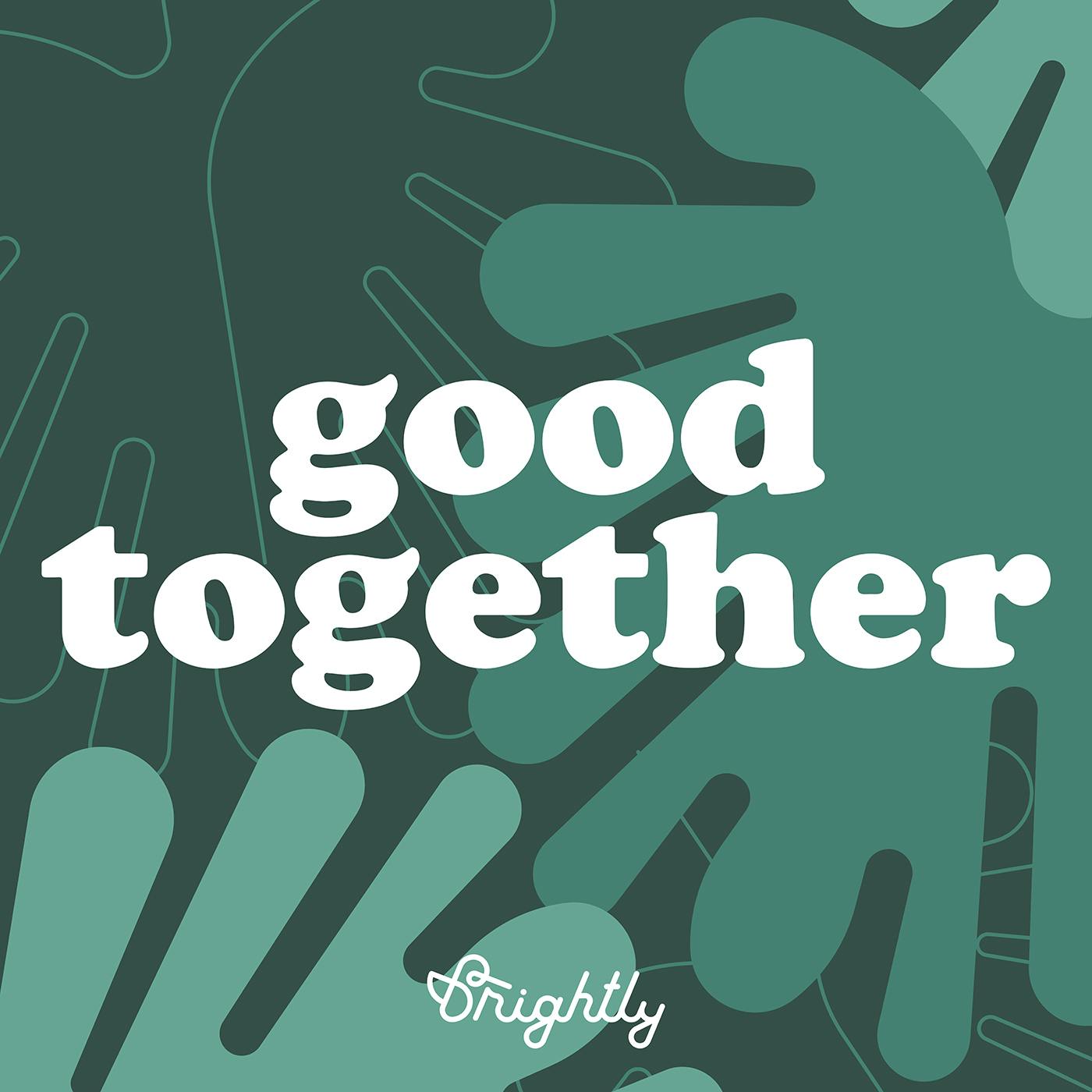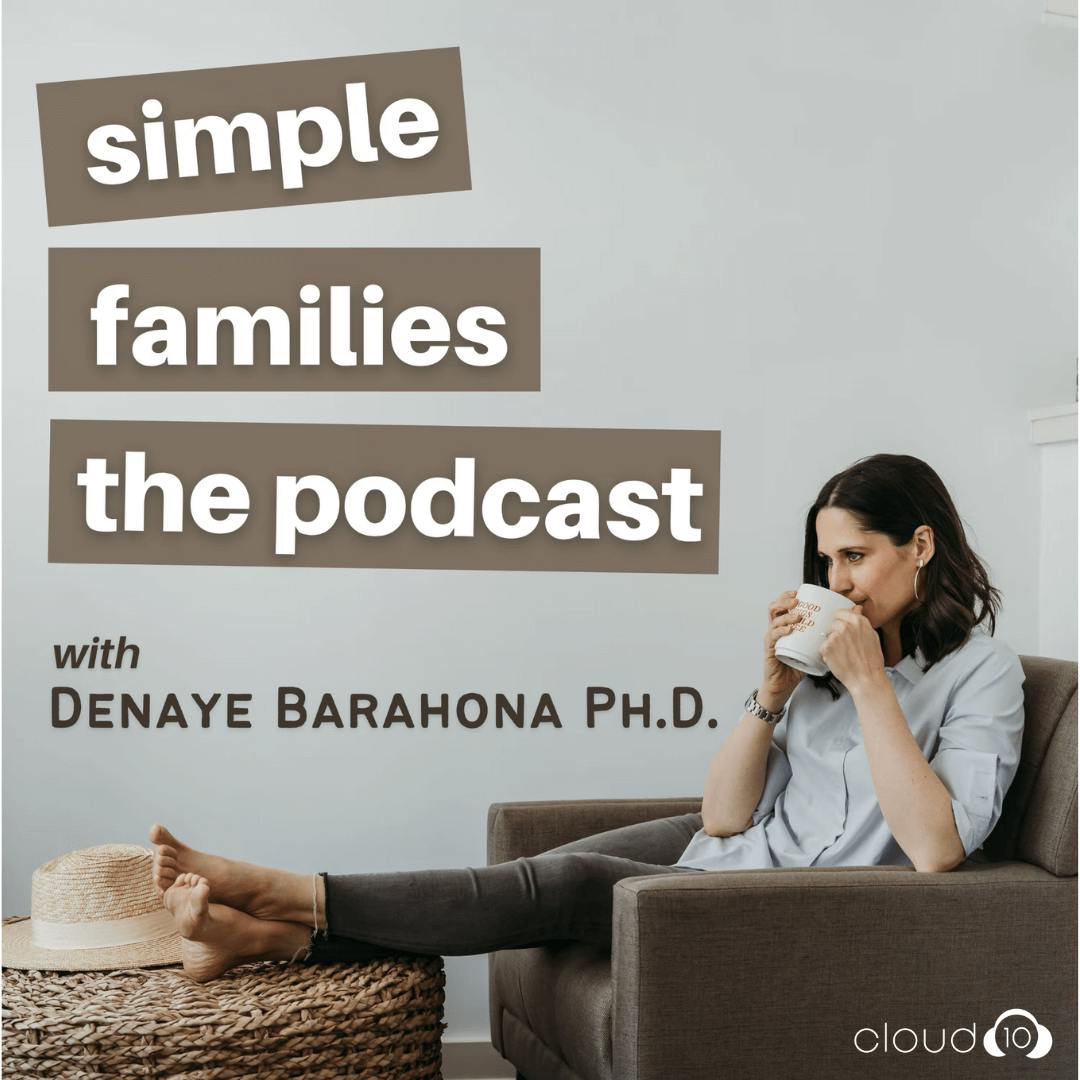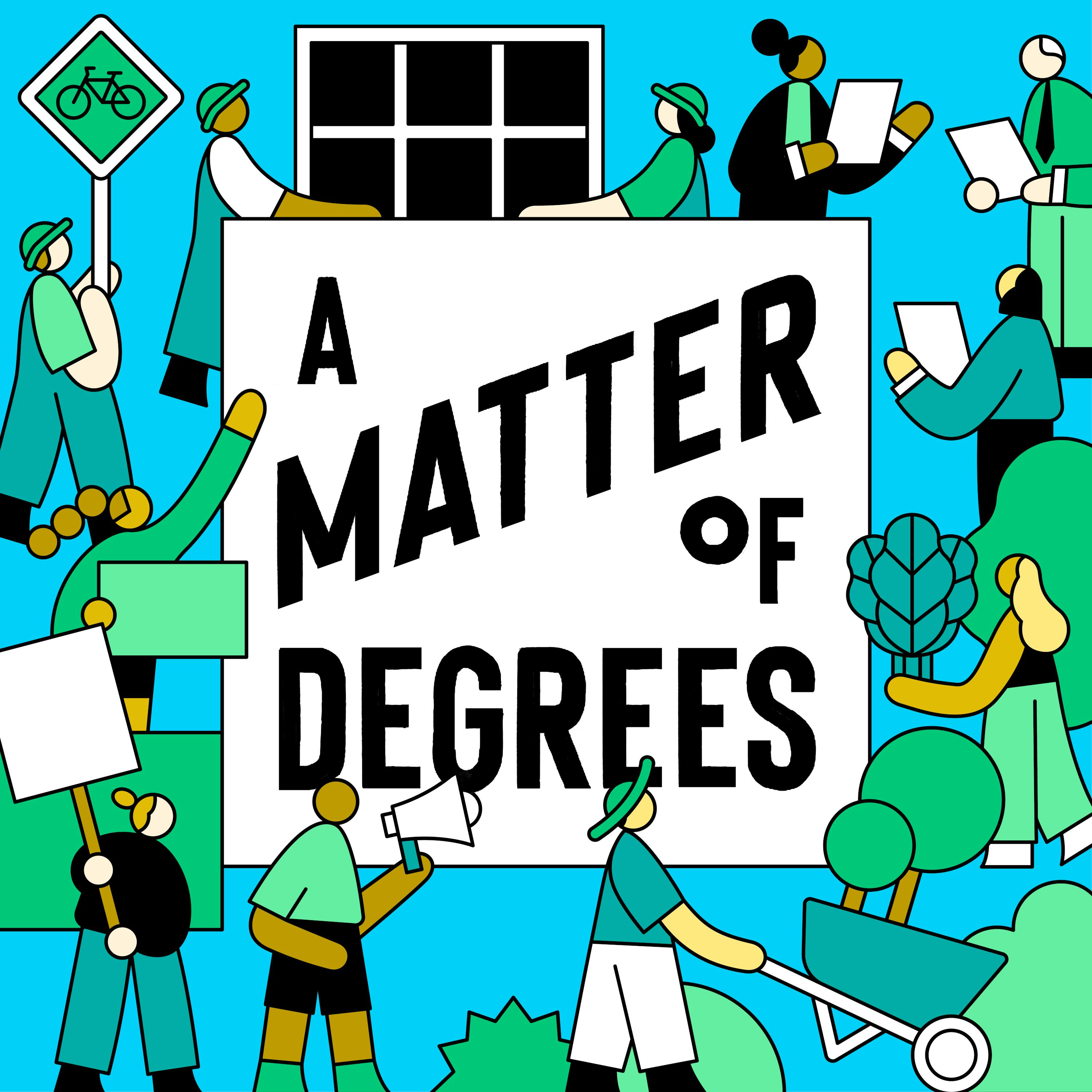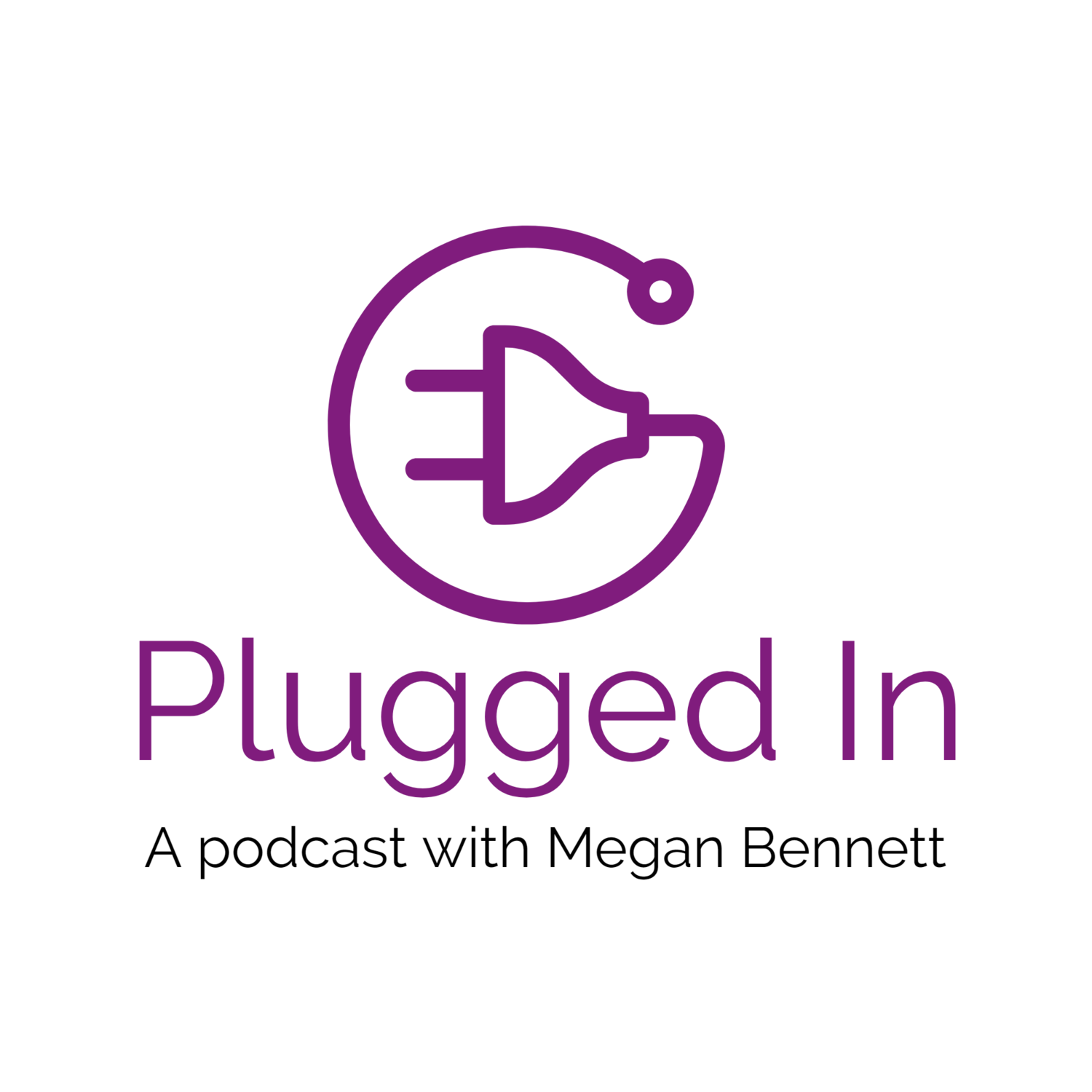
Sustainable in the Suburbs
Want to waste less, save more, and make your home a little more eco-friendly? Sustainable in the Suburbs is your go-to podcast for practical, judgment-free tips and real-life stories to help you build sustainable habits that actually stick.
Hosted by Sarah Robertson-Barnes — a suburban soccer mum, sustainability educator, and founder of the blog Sustainable in the Suburbs — this weekly show brings doable advice, honest conversations, and actionable ideas to help you waste less, spend smarter, and live more sustainably at home.
Because sustainable living doesn’t have to be perfect to matter — and you don’t have to do it all to make a big impact.
Start where you are, use what you have, and live a little greener.
Sustainable in the Suburbs
2: What Is Plastic Free July? (And Why Zero Waste Isn't the Goal)
Plastic Free July isn’t about perfection — it’s about paying attention. In this episode, Sarah discusses where this global movement came from, why it matters, and how small shifts in your everyday habits can help tackle our plastic problem.
This challenge is about so much more than giving up plastic straws or bringing a tote bag to the store. Sarah also talks about her own experience with Plastic Free July over the years, how she approaches it now, and why “zero waste” isn’t the goal — progress is.
From systemic change to simple swaps, this is a great place to start if you’re curious about reducing plastic waste in your home and community. Remember: it’s only single-use if you use it once!
Takeaways
- Your individual actions to reduce plastic really do matter.
- Plastic Free July started as a small local initiative and now has millions of participants every year - small changes add up to a BIG impact!
- It's not about being perfect, but thinking about what we can refuse and reuse.
- “Zero waste is more than a plastic bag.” ~ Polly Barks
- “It's only single-use if you use it once!” ~ Sarah Robertson-Barnes
One Small Shift
Choose one single-use item you regularly use — and either find a reusable alternative, or find a way to reuse it at least once before it heads to landfill.
Resources
Plastic Free July - 31 Easy Swaps to Reduce Plastic Waste
Plastic-Free Pantry - How to Refill in Your Own Containers
10 Zero Waste Kitchen Swaps That Save You Money
@SustainablyAmber - Upcycles & Creative Reuse
@Sibster - Low Waste Crafts & DIYs
Connect With Me
Sustainable in the Suburbs is mixed and edited by Cardinal Studio
If you enjoyed this episode, I’d love it if you followed the show, shared it with a friend, or left a rating and review. Every little bit helps more people find Sustainable in the Suburbs — and live a little greener.
Have you ever thought about how every single plastic toothbrush you have ever used still exists somewhere? If not, I bet you are now. Welcome to Sustainable in the Suburbs, a podcast for the eco-curious who want to live a greener life and are looking for a place to start. I'm your host, Sarah Robertson Barnes, a soccer mom with a station wagon and a passion for sustainable living. Each week, I'll bring you practical tips and honest conversations to help you waste less, save money and make small doable shifts that actually fit your real life. Because sustainable living doesn't have to be perfect to matter and you don't have to do it all to make a difference. Hi friends, welcome back to Sustainable in the Suburbs, the podcast where we talk about practical ways to live a little lighter on the planet. Today's episode comes right at the beginning of plastic free July, which is kind of a happy accident and also perfect timing. I actually started my quote, zero waste. phase of my sustainable living journey during Plastic Free July back in 2017. So it feels a little full circle to be launching this podcast now. So whether you've tried going Plastic Free before, or this is the first you're hearing about it, this episode is your invitation to learn what it's all about, how it got started, and how you can take part no matter where you're at. Have you ever looked into your recycling bin and thought, why is there so much plastic in here? You're not alone. Despite our best efforts, plastic seems to be everywhere and it's not going away anytime soon. In fact, we're on track to produce even more of it. In 2024, the world produced about 460 million metric tons of new plastic and only 9 % of plastic is recycled globally. The rest ends up in landfills, incinerators, or worse, in our woodlands and parks, across the neighborhood, into our waterways, and into the ocean. Did you know that at this point, the Pacific garbage patch is currently three times the size of France? It's actually referred to as a landmass, which is wild. It's easy to feel overwhelmed by numbers like that, but here's the truth. Your individual actions to reduce plastic really do matter. Systems are made of people and people can be influenced. So the corporations producing the most plastic like Coca-Cola, PepsiCo, Nestle, et cetera, they won't adopt extended producer responsibility on their own. They need to be moved by consumer demand and public pressure from people like us. When you take part in something like Plastic Free July, you're not just reducing your own plastic use, you're sending a message. You become part of a collective voice that can and will drive systemic change. And the more of us that speak up, the louder that message will get. So what is Plastic Free July exactly? Plastic Free July started back in 2011 in Western Australia by a person called Rebecca Prince-Ruiz, who is the founder of Plastic Free Foundation. The really cool thing about it is that it started as a small local initiative and has now grown into a global movement with millions of participants in almost every country. At its core, Plastic Free July is a challenge to refuse single-use plastic waste at home, work, school, everywhere else in your daily life. At the cafe, restaurants, the grocery store, and so on. The goal is to try it for just the month of July with a focus on building sustainable habits. So things like finding alternatives to common single-use plastics, remembering your reusables, to take with you beyond the month of July. Here's the important bit. It's not about being perfect. You don't have to go totally zero waste or completely plastic free to participate. The idea is to become more aware of the plastics we use and toss without thinking, and then try to swap out even just one or two of them for better alternatives. They have great resources on their website, which I will link down for you in the show notes for getting started in your own home. So everything from food storage to laundry, shaving to dental care, ideas for work or your child's school, and how to bring this challenge into your wider community, like strategies for influencing local policies around plastics. Some of my favorite tips are choosing reusables that actually work for you. So my stainless steel water bottle is my ride or die. It looks like it's been hit by a bus at this point. I've had it for, I want to say about 20 years. and you can pry that thing out of my cold bed hands and then give it to someone else to reuse. But I don't carry a travel mug. I don't even think I have a travel mug because I don't get coffee out. So the best swap is one that you will actually use. You don't have to go out and buy all the cute little zero waste accessories if you're not going to actually use them. So think about reusables the way that you think about getting dressed for the day. What am I doing today? What's the weather gonna be like? That sort of thing. So what am I doing today? What am I likely to be out doing? Am I going shopping? Probably gonna need a reusable bag. Am I grabbing some takeout? I'm gonna bring my cutlery with me. That sort of thing. Just plan it as part of your outfit, so to speak. They have great tips for getting your coworkers involved. And it can just be easy things like replacing disposable cups in the break room with. Real ones, groundbreaking, I know, but it's such a simple shift and it makes a huge difference over time. They have great tips for planning waste free school lunches. And I think summer is the perfect time to test this out, test out your containers, troubleshoot, start building up the habit. I will link my full post on zero waste lunch ideas in the show notes for you if you want to start there. And lastly, check out their tips for eating without all the extra plastic. So including how to politely ask for takeout in your own containers, which is less awkward than you think, I promise. Even just putting one of these new habits into daily practice makes a big difference. And for me, that's really the spirit of Plastic Free July. It shows that small changes really do add up. Last year, so 2024, An estimated 174 million people took part in plastic free July and 87 % of them adopted at least one habit that led to long-term changes in their plastic use. That's huge. Have you ever seen that meme that says like, it's only one plastic straw, said 8 billion people. It makes a huge difference. So when you think that your individual actions don't matter, remember what can happen when millions of people are doing it together. And again, I really want to stress that the vibe of Plastic Free July is all about how small changes have a big impact and that progress matters more than perfection. There's a way in for everyone and we have all the solutions we need to create a big change in a short amount of time. When more folks started declining plastic straws and bags, we saw reusables becoming the norm and the policies shift on those things. Remember, this isn't about ditching every piece of plastic in your life overnight. It's about choosing to refuse what you can, where you can, and when you can. There are always new things to learn, new habits to stack, and new ideas to implement. And now friends, a cautionary tale. My first plastic-free July was in 2017 and I had learned about it approximately 14 minutes after finding the zero waste hashtag on Instagram. And I was ready to go all in. I took it very literally. We are going zero waste and plastic-free. And friends, it did not go well. I took a choose to refuse very literally and gave myself zero grace. I was annoyed by produce stickers and angry that yogurt containers had a peel back film under the lid. I wondered how to get my medication plastic free, which is insane. I even refused to buy my kids granola bars. In fact, I was even interviewed for an article after this and the title was something like Ontario mom and her granola bar battle. even though I use it as an example of going too far. So, whoops. But in reality, what really sent me over the edge was this little plastic bag that my 3D glasses came in at the movie theater. Nevermind that it was because the plastic glasses themselves had been sanitized for reuse, which is good. I spiraled and broke down in tears over a little plastic bag. I viewed this as a personal failure and not the absurdity of the culture of convenience that we live in. I had gone to the bad place. I was trying to do it all and do it perfectly, which was delusional. As my friend Paulie Barks would say, zero waste is more than a plastic bag. In the years since my perspective on plastic free July and zero waste in general has shifted as I learned more and changed where I put my energy into this work. I cannot go to pieces over being given a plastic fork, nor can I simply decline the fork and call it a day. Choosing to refuse single use plastic is a great place to start, but then what? I very much believe in voting with your dollar and we're going to talk more about that in later episodes, but Yeah, money talks, but silently. Your voice is loud though, so use it. Public pressure has the potential to drive rapid sweeping change in ways that quiet boycotts simply don't. So let's do both. Choose Naked Produce and speak with the produce manager at your grocery store and email the store's corporate offices about your concerns with plastic packaging. Say no thank you to a plastic bag. And write to your municipality about single-use plastic policies and look up your local recycling rules. Fill up your reusable bottle at the top and write to your reps about access to clean water and the critical need for extended producer responsibility for plastic bottles. Give up Amazon and talk nonstop about local options to your network after you write to your reps about taxing the shit out of corporations. In short, choose to refuse the waste. and refuse to accept the systems that make it unavoidable. Because yes, as I keep saying, individual action matters, but the collective impact is what moves mountains, or garbage patches, as it were. Okay, so now that you're thinking about all of the ways you are going to refuse single-use plastic this July, let's talk about ways to reuse in this week's One Small Shift. Single-use plastic is nearly unavoidable no matter how hard we might try. But don't despair, find a way to reuse it at least once before it's landfill bound. Like I always say, it's only single-use if you use it once. I say this a lot because it's a simple but powerful mindset shift. Not everything labeled quote single use has to be tossed after one go. Whether it's a takeout container or a paper bag or a plastic bread clip. If you can get a second or a third or a 10th use out of it, that's a win. Giving something a second life helps to reduce the amount of waste we send to landfill and how often we put demand out for more stuff. So start looking at your so-called disposable items with fresh eyes. Can you wash it? Can you repurpose it? Can it become a storage container, a craft supply, or something for your kids to play with? Even reusing something just once helps to reduce its impact. And that's the kind of small, everyday shift that Plastic Free July is all about. Some of my favorite ways to reuse single-use items are... I love using plastic cutlery and takeout chopsticks as garden markers. Those lidded sauce containers, like that your soy sauce or whatever comes in, are great for seeds, for little crafting bits, beads, whatever, or as little paint pots for kids. The plastic clam shells from berries or lettuce are perfect for seed starting, as well as for drawer organizers. So I have those in all of my dresser drawers and the big lettuce ones with the lids are really great for shoes. Even something as simple as reusing a bubble mailer keeps the item in use and out of the landfill. Even reach out to your friends with small businesses to see if they can make use of them. The possibilities are endless. When we start to value these materials as reusable rather than disposable, it allows us to be really creative and resourceful. I think that's really cool. If you want more inspiration, there are some wonderful folks on Instagram who blow my mind with this every day. So please check out at Sibster for incredible low waste crafts and at Sustainably Amber for absolutely genius upcycling ideas for your home and garden. And I will link them both in the show notes for you as well. So be sure to give them a follow. So remember, plastic free July is more than a challenge. It's a movement. It's a chance to rethink our habits, reduce our plastic waste, and show companies and governments that we care about the impact of all of this disposable plastic. Somebody has to be responsible for it, and it can't just be the consumer. We talked about what the challenge is and how it started and the impact it's having globally and how you can make it work for your real life. There's no perfection required. Even something as simple as reusing a sauce container or refusing a plastic fork makes a difference. And remember, it's only single use if you use it once. If you're feeling inspired, I'd love to hear from you. What are you going to try this plastic for each July? What is one swap or habit that you're planning to take on? You can tag me on Instagram or send me a DM. I always love hearing from you. If you want more ideas and encouragement like this, make sure you're on my email list. I send out weekly tips, small shifts, stories that help you be more sustainable in the suburbs. So you can sign up at sustainable in the suburbs.com or check out the show notes for the link until next time. Start where you are, use what you have and live a little greener. Thanks for tuning in to Sustainable in the Suburbs. Every small step adds up and I'm so glad we're doing this together. If you enjoyed this episode, please make sure to follow the show, share it with a friend and leave a review wherever you get your podcasts. You can find me at sustainableinthesuburbs.com or at Sarah Robertson Barnes on all the things. Until next time, start where you are, use what you have and live a little greener.


![[OLD IMPORT] Green Dreamer: Seeding change towards collective healing, sustainability, regeneration Artwork](https://img.transistor.fm/Cu7NhHL7AkMmLzHdklSCPpCReUYOwJA3MsPaYf0GyVQ/rs:fill:0:0:1/w:1400/h:1400/q:60/mb:500000/aHR0cHM6Ly9pbWct/dXBsb2FkLXByb2R1/Y3Rpb24udHJhbnNp/c3Rvci5mbS9hZWY0/MTZkZjU2NTNmM2Ez/YzFmMjU1ODRhMzRk/YmE3ZC5wbmc.jpg)
